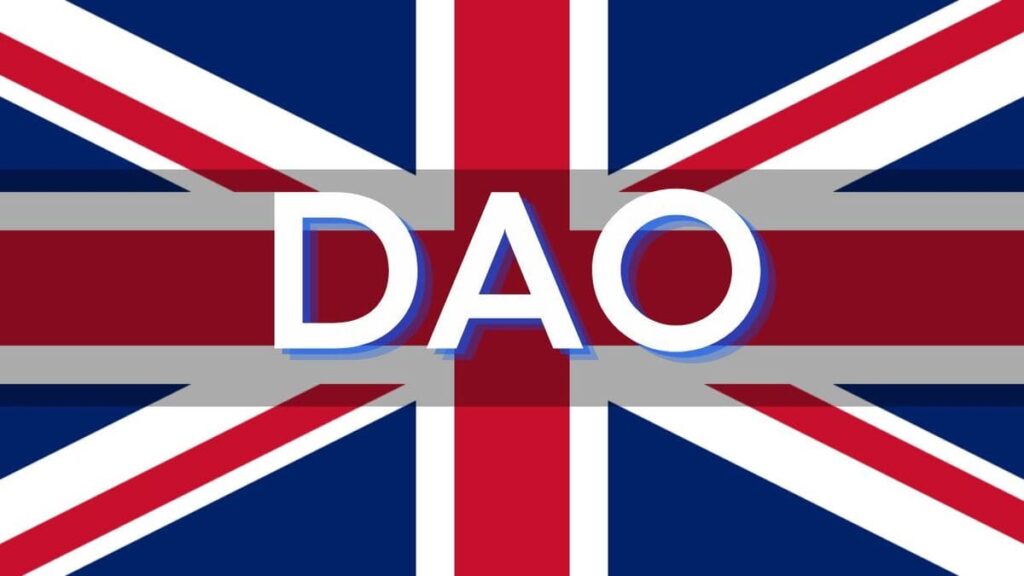TL;DR
- The Law Commission of England and Wales considers that there is no need to create specific legislation for DAOs, as they can be governed under existing laws.
- According to the Commission, organizations conducting specified activities with governance tokens could be subject to the Financial Services and Markets Act 2000.
- The Commission highlighted the need to consider an international tax framework and warned that even a fully decentralized organization could face legal actions.
The Law Commission of England and Wales has announced that there is no need to develop specific legislation for decentralized autonomous organizations (DAOs) at this time, as these entities can be governed under existing laws. The inherent diversity and complexity of their structures make it difficult to foresee a single legislative framework that effectively encompasses them.
In its recent report, the Commission highlighted that DAOs could fall under the Financial Services and Markets Act 2000 if they conduct specified activities in relation to specified investments. This means that when governance tokens, which resemble shares, grant voting rights and are issued in exchange for investment in a DAO, these tokens would be considered specified investments. Additionally, the promotion of these tokens would be subject to rules that prevent unauthorized companies from targeting customers in the UK.
The Commission emphasized the lack of consensus on what constitutes a DAO, how it should be structured, or what a specific entity for these organizations should look like. This lack of clear definition complicates the creation of specific legal frameworks at this early stage of their development. Each organization could be subject to different laws due to their diverse characteristics, reinforcing the idea that a unified legislative approach would not be appropriate at this time.
From a fiscal perspective, some DAOs might need to pay corporate tax, depending on their type and structure. The Commission also suggested that an international tax framework should be considered to address the fiscal particularities of decentralized organizations.

The Complexities of Legislating DAOs
In terms of litigation, even a fully decentralized organization could face civil actions from third parties, enforcement actions by regulators, or prosecutions under criminal law. Additionally, the Commission noted that a smart contract can constitute a legal contract, which has considerable implications for organizations operating through these mechanisms.
The Law Commission has played a key role in the digitization of legal documents, enabling the use of distributed ledger technology in commerce. This year, it also sought opinions on a draft bill that would propose classifying cryptocurrencies as property.
Finally, the Commission suggested that a body like the Jurisdiction Taskforce, which includes members of the judiciary, regulators, and other legal professionals, should conduct a deeper analysis of when fiduciary duties might be applied to software developers who create and maintain DAOs. This analysis would help clarify legal responsibilities in the context of these organizational structures.










